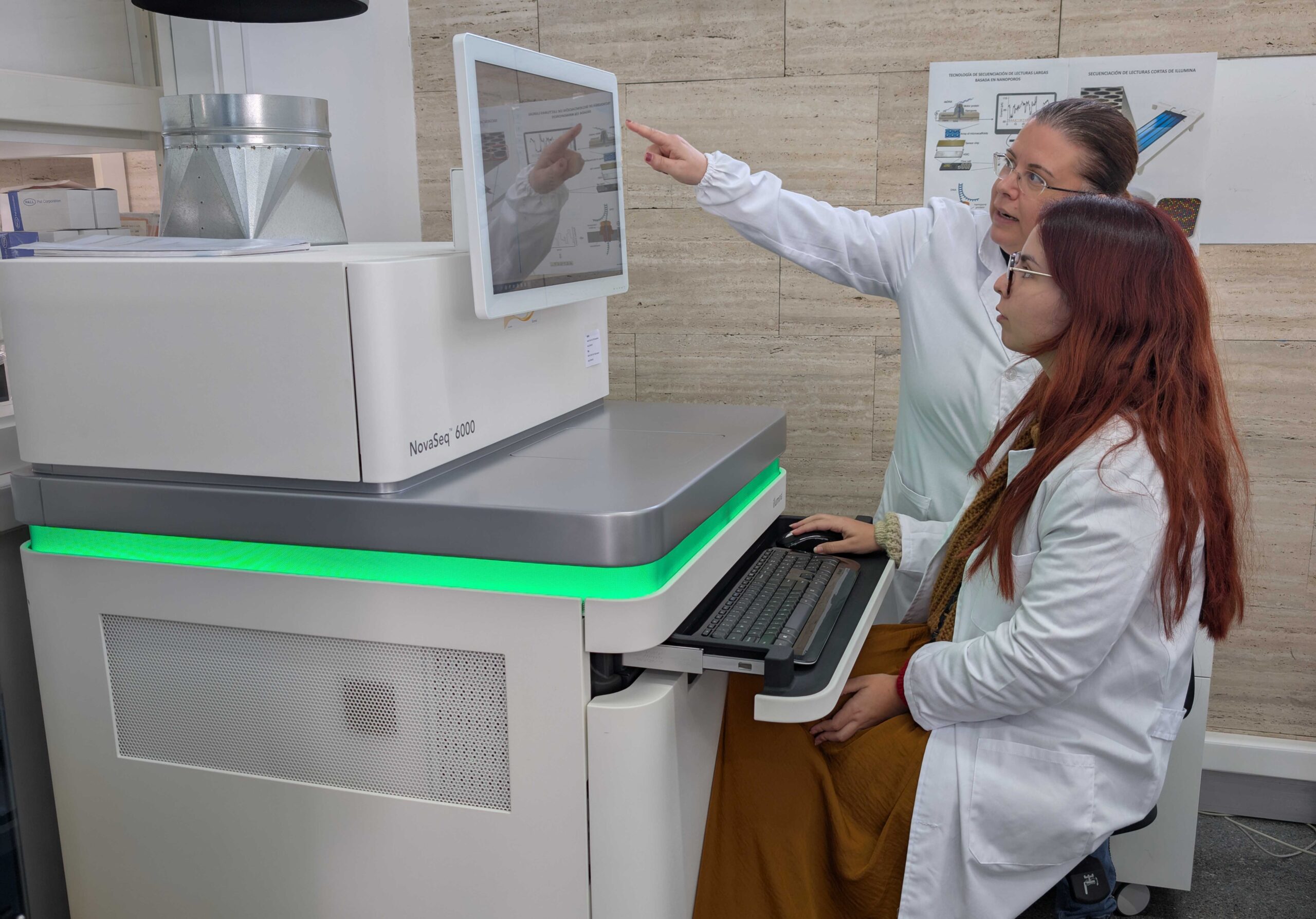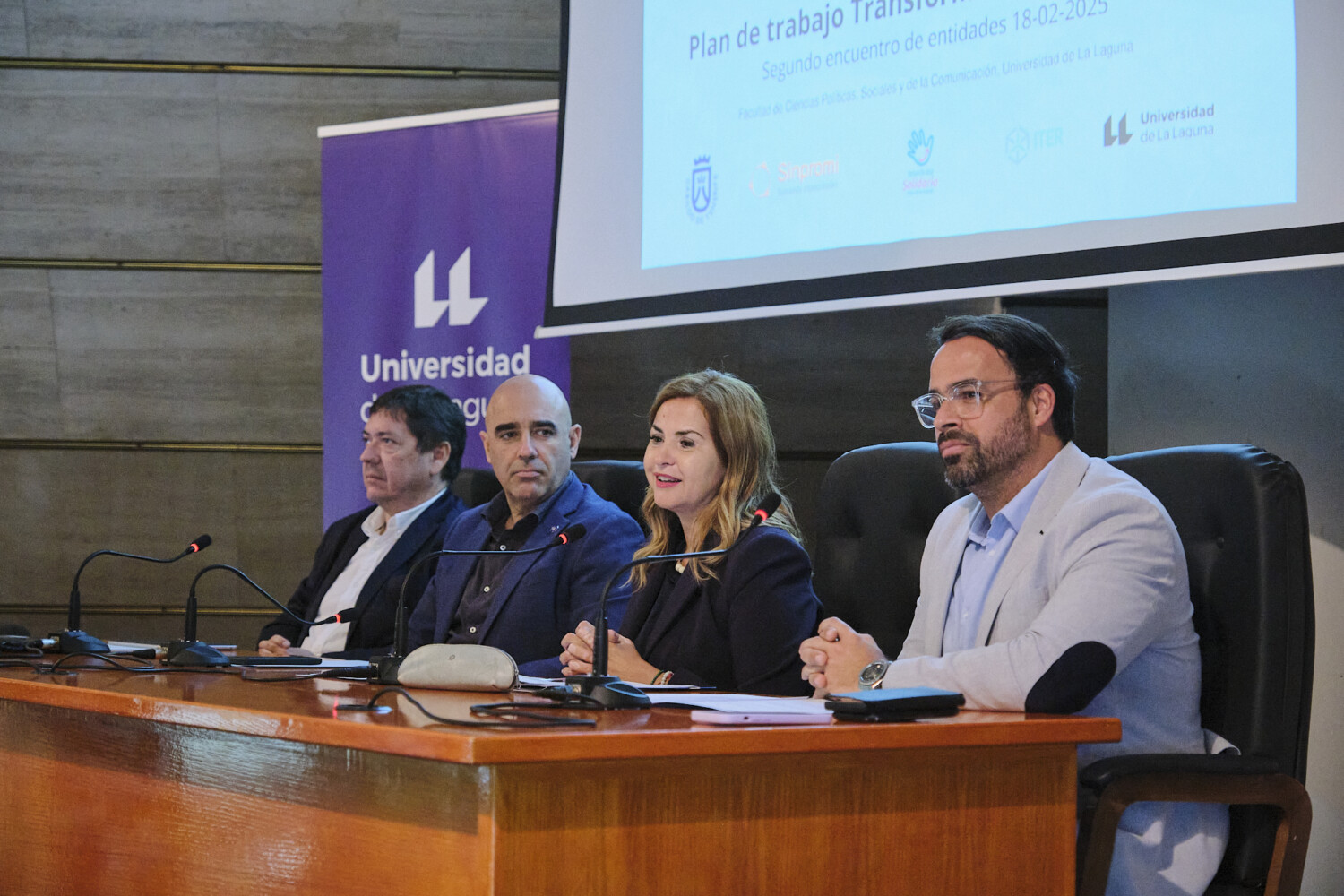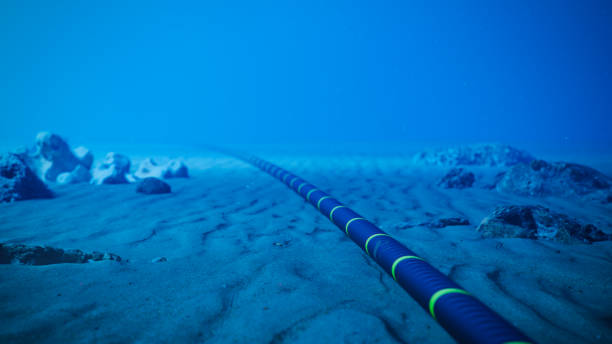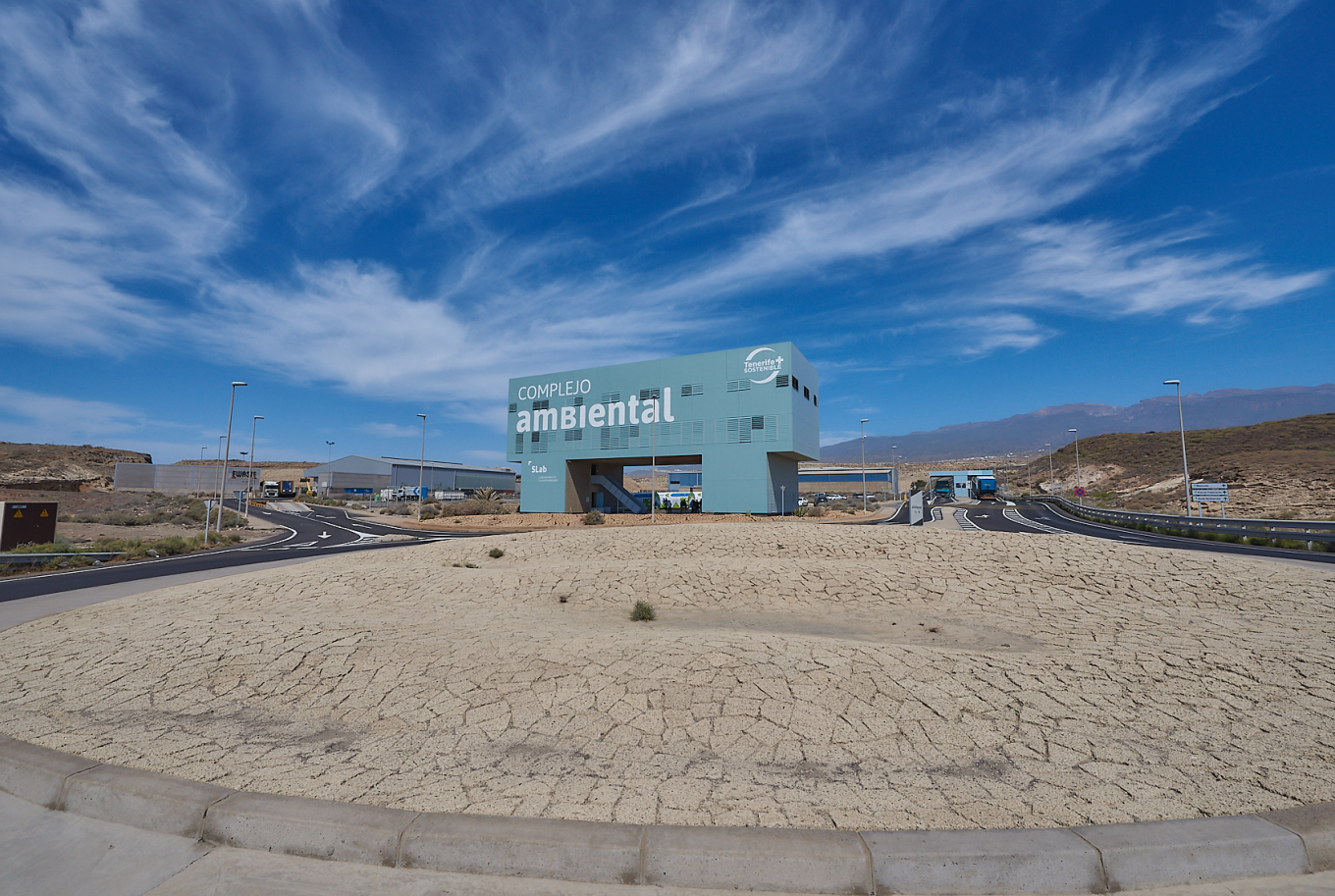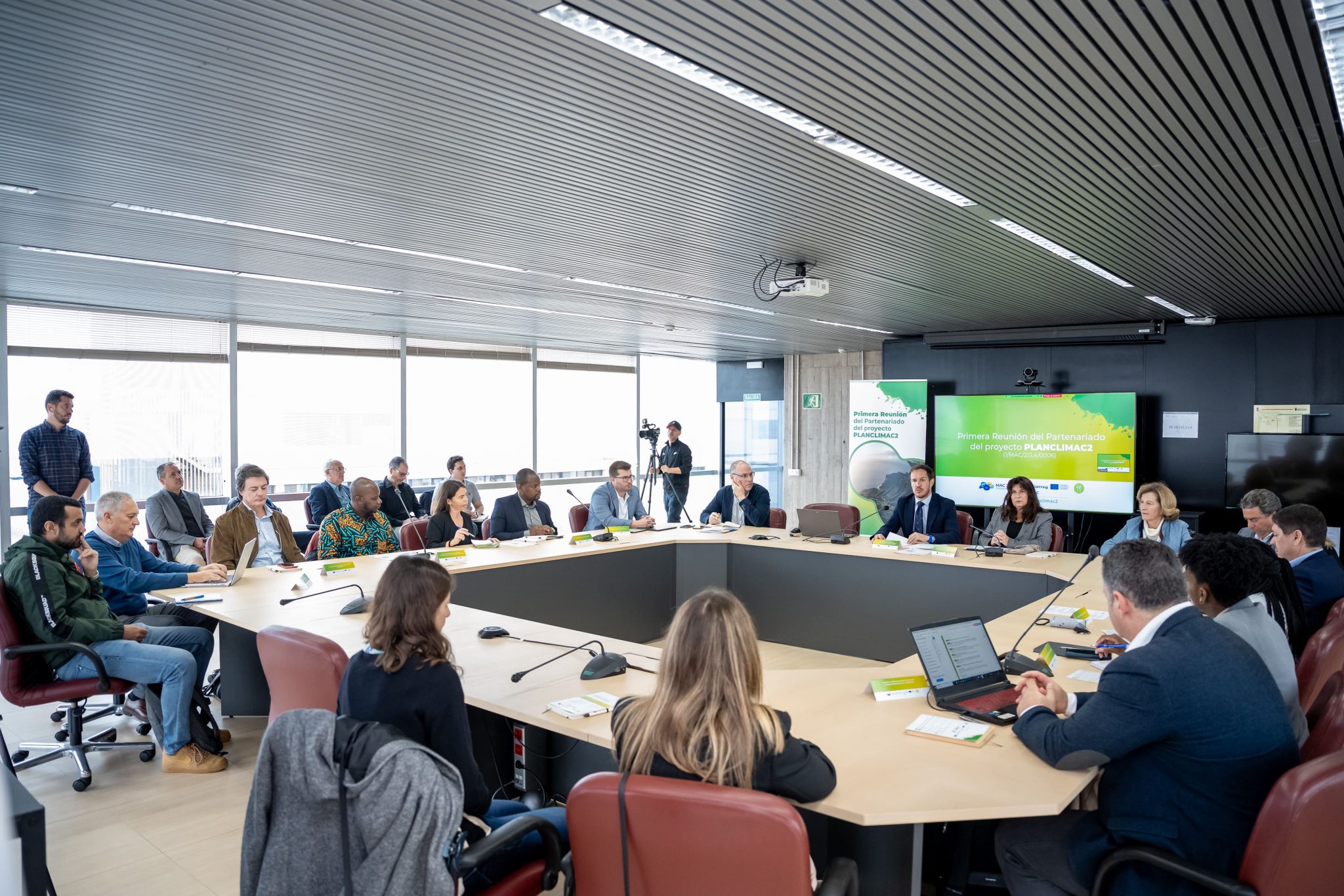ITER’s Genomics Area has participated in this work, published in the scientific journal European Respiratory Journal Open Research, which suggests that people with a high genetic risk of idiopathic pulmonary fibrosis may have a higher overall risk of developing pulmonary fibrotic sequelae once severe COVID-19 has been overcome.
The research staff of the Genomics Area of the Institute of Technology and Renewable Energies (ITER), dependent on the Cabildo Insular de Tenerife, has participated in a study that has discovered shared biological mechanisms between severe COVID-19 and idiopathic pulmonary fibrosis. The research delves into the genetic architecture of severe COVID-19, analyzing how genetic risks associated with idiopathic pulmonary fibrosis may influence the severity of the disease.
This research, part of the SCOURGE international consortium, has been recently published in the scientific journal European Respiratory Journal Open Research. The study has involved the participation of institutions from Spain, the United Kingdom and Latin America, and has been funded by the Instituto de Salud Carlos III and the Wellcome Trust. The project brings together experts from 34 national centers and 13 centers in Latin America, consolidating a broad international research network.
Idiopathic pulmonary fibrosis is a rare, progressive, chronic lung disease characterized by abnormal scarring of lung tissue, with a median survival of only three years after diagnosis. This involved DNA data from nearly 7,600 patients diagnosed with severe COVID-19 and 11,000 controls collected prior to the launch of the COVID-19 vaccination programs.
Several recent studies have shown that patients hospitalized for COVID-19 can develop residual pulmonary abnormalities, including the development of pulmonary fibrosis. This new work is based on the analysis of patient DNA gene sets (polygenic inheritance) to demonstrate the existence of shared biological mechanisms between idiopathic pulmonary fibrosis and COVID-19 severity and to determine whether these relationships are dependent on patient age and/or gender.
The most important genetic relationship was identified in hospitalized individuals, especially among males younger than 60 years of age. This result supports the idea that, among younger patients, the severity of COVID-19 would be due to the presence of genetic risk factors, whereas, in older age, severe COVID-19 might be more influenced by non-genetic factors, such as coexisting conditions and immunological defects. In addition, the study identified some specific biological mechanisms that could be involved in both severe COVID-19 and idiopathic pulmonary fibrosis.
Since severe COVID-19 also increases the risk of pulmonary sequelae after infection, the results of this study suggest that individuals at high genetic risk for idiopathic pulmonary fibrosis may be at increased overall risk for developing pulmonary fibrotic sequelae after severe COVID-19 has been overcome. These findings would also have important implications for the population at higher genetic risk for pulmonary fibrosis who have not developed the disease, as well as having significant implications for strategies for the prevention and management of the disease. The results of the study also support the growing interest in the application of polygenic inheritance models in the development of Precision Medicine.
“This work opens new avenues of study to better understand the mechanisms of establishment of pulmonary sequelae due to severe infection, to better understand the natural history of pulmonary fibrosis, among others, and for the definition of possible therapeutic targets” explains Carlos Flores, scientific responsible of the Genomics Area of ITER and coordinator of the work and researcher of the CIBER in the area of Respiratory Diseases (CIBERES) and of the Fundación Canaria Instituto de Investigación Sanitaria de canarias (FIISC) in the Complejo Hospital Universitario Nuestra Señora de Candelaria (HUNSC).
Beatriz Guillén Guío, leader of the study and CIBERES researcher at the University of Leicester, also highlights that “Genetic studies are key to understand why some individuals develop pulmonary fibrosis and to identify possible treatment options. The results of this research are not only relevant in the context of COVID-19, but also for pulmonary fibrosis associated with infections by other microorganisms”.
“This study reflects the extraordinary effort carried out by the participating institutions during the most critical moments of the COVID-19 pandemic, as well as their strong commitment to scientific research of excellence” concludes the research team.
About SCOURGE
In May 2020, the international consortium SCOURGE (Spanish COalition to Unlock Host Genetics Research in COVID-19) led by the Centro de Investigación Biomédica en Red (CIBER) was launched with the aim of identifying biomarkers of evolution and prognosis that can improve clinical management and therapeutic decisions in SARS-CoV-2 infections. This consortium, which emerged in Spain thanks to funding from the COVID-19 Fund of the Instituto de Salud Carlos III (ISCIII), has recruited patients from hospitals throughout Spain and Latin America. Working in close collaboration with the STOP-Coronavirus initiative, SCOURGE leverages a centralized analysis and genotyping platform to advance host genetic knowledge and its relationship to COVID-19 severity.
About CIBER
CIBER (Consorcio Centro de Investigación Biomédica en Red, M.P.) depends on the Instituto de Salud Carlos III -Ministerio de Ciencia e Innovación- and is organized in different thematic programs, each one focused on a particular area of biomedical research, and brings together different research groups from all over the country, promoting interdisciplinary collaboration and knowledge exchange.
Reference to the article in open access:
Guillen-Guio B, Marcelino-Rodriguez I, Lorenzo-Salazar JM, Leavy OC, Allen RJ, Pompa-Mera EK, Scourge Cohort Group, Riancho JA, Rojas-Martinez A, Lapunzina P, Carracedo A, Wain LV, Flores C. Polygenic risk of idiopathic pulmonary fibrosis and COVID-19 severity. ERJ Open Research 2024, https://doi.org/10.1183/23120541.00978-2024


